As businesses in Ontario, it’s crucial to stay informed about data protection laws and regulations, even those specific to other provinces. One such legislation is Law 25, the Act respecting the protection of personal information in the private sector, designed to safeguard the Québec population. While the law is specific to Québec, its provisions have broader implications for organizations across Canada. In this blog post, we will delve into the key aspects of Law 25 and discuss the importance of establishing an effective information governance program to ensure compliance, protect privacy, and mitigate risks for your company.
Understanding Law 25:
Law 25, also known as the Act respecting the protection of personal information in the private sector, aims to hold organizations accountable for the personal information they possess. Some provisions of this legislation came into effect on September 22, 2022, while others are set to be implemented in September 2023 and 2024. The Commission d’accès à l’information du Québec is responsible for monitoring compliance with the law and has the authority to impose significant penalties for non-compliance, including fines of up to $25 million or 4% of a company’s worldwide sales.
Private Business Obligations under Law 25: Since September 22, 2022, Law 25 has placed several responsibilities on private enterprises in Québec, regardless of their size. Here are a few key obligations:
1. Appoint a Privacy Officer: Every enterprise must designate a Privacy Officer who will ensure compliance with Law 25. While the highest-ranking individual in the organization typically assumes this role, it can be delegated to another qualified individual. It is important to publish the Privacy Officer’s title and contact details on your company’s website to facilitate communication and transparency.
2. Maintain a Register of Confidentiality Incidents: Law 25 requires businesses to maintain a register of confidentiality incidents, documenting any breaches or compromises of personal information. If requested by the Commission d’accès à l’information, you must be able to provide a copy of this register. Additionally, if an incident occurs that poses a significant risk of harm, you are obligated to notify both the Commission and the affected individuals.
3. Disclosure of Personal Information under Specific Conditions: Under certain circumstances, Law 25 permits the disclosure of personal information without the individual’s consent when engaged in commercial transactions. However, it is crucial to ensure that the recipient of this information adheres to the obligations outlined in the law.
Why Have an Information Governance Program?
Law 25 introduces new provisions that will come into effect from September 22, 2023. Among them is the requirement to establish policies and practices regarding personal information governance. Apart from fulfilling legal obligations, there are several advantages to creating an information governance program:
1. Clearly Defined Responsibilities and Obligations: An information governance program ensures that privacy responsibilities and obligations are clearly defined and understood by everyone within the organization. This promotes consistency and accountability in handling personal information.
2. Enhanced Information Protection: Implementing an information governance program helps protect the information within your organization by granting access only to authorized individuals who genuinely require it. This reduces the risk of unauthorized access and data breaches.
3. Efficient Incident Response: A well-designed information governance program facilitates swift response and mitigation in the event of a confidentiality incident, ensuring that appropriate measures are taken promptly, despite preventive measures in place.
4. Demonstrating Organizational Diligence: An effective information governance program serves as evidence that your organization has acted diligently in protecting personal information. This can be invaluable in the event of a privacy incident that poses a serious risk of harm, helping to safeguard your organization’s reputation and profitability.
